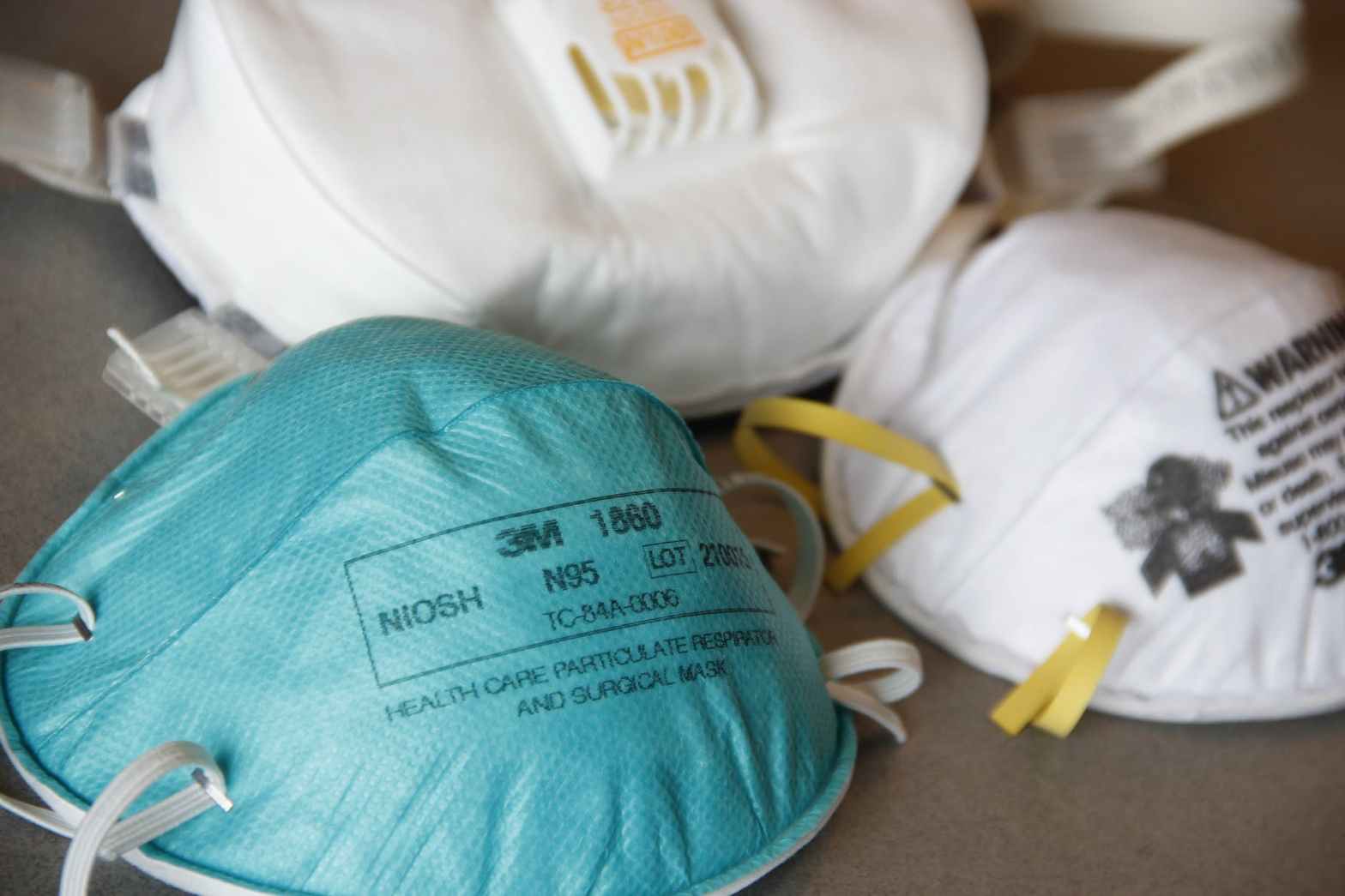Regardless of how masks have been politicized over the course of the pandemic, there exists data, physics, and human fallibility. All of these factors combine to create a very confusing landscape, where it’s unclear what the truth actually is. The real truth is… there are multiple truths depending on the question you are asking, and neither side is 100% right in all cases. Masks can actually work great in certain circumstances, but at the same time, they are not a magic bullet. Here’s what I mean.
Good masks CAN work for individuals
There is no disputing this. Masks filter particles. Viruses are particles. Therefore masks filter viruses. It’s basic physics—the same physics that got us to the moon, and the same physics that got you the device you’re reading this text on right now.
This means two things:
- If you’re exhaling a virus, a mask can help prevent spreading it to others.
- If there is virus in the air, a mask can help prevent you from getting sick.
So it seems like everyone should just mask up, right? Problem solved! Except, unfortunately, masks only work reliably under very strict circumstances:
- You must be using a high-quality mask, such as an N95 respirator or better.
- The respirator must fit your face tightly, covering both mouth and nose. No gaps around your nose or anywhere else. No beards.
- You must wear one consistently, anywhere virus transmission could take place.
Indeed, most people are not adhering to all of these requirements most of the time. In fact, the vast majority of people I see aren’t meeting any of these requirements. So that’s probably why, when it comes to a large population, there is actually not much evidence that masks work at the population scale.
Masks do NOT seem to work for populations
It’s easy to see why this would be the case. Even when there are mask mandates, a large proportion of the population is so ambivalent or rebellious that they will do just the bare minimum to comply. That means low-quality masks—often worn around the chin or otherwise in a completely ineffective location. Many simply choose to not wear masks at all.
And even for the folks who do try to use masks in good faith, again, they’re often still not meeting the above requirements. Much of the problem stems from either a lack of knowledge regarding best practices, a lack of funds (to regularly purchase N95 respirators), or just a lack of concern. You get weird combinations of these folks. I see people who shell out for N95 masks, only to leave them literally hanging inches off of their face. I see diligent maskers still wearing largely-ineffective cloth masks, even though N95s have been easily available for over a year now. And even the unicorns who do wear tight-fitting N95s still take them off to eat in restaurants and airports. Very few people are doing the right thing.
So then should I wear a mask?
Really, it’s up to you. N95s and vaccines are easily available now, so those who are most at-risk or most worried can generally protect themselves pretty easily—they need only choose to be diligent. Unlike at the beginning of the pandemic, when masks were touted as a way to prevent spreading COVID to others, masks are now primarily a way to protect just yourself.
But nowadays, most people choose to eschew that protection entirely. Everyone is saying that the pandemic is over. But the truth is that it’s really not. I know you probably don’t want to hear it, but there is good reason to stay masked. And what is that reason? Long COVID.
I’m young and healthy. Regular COVID doesn’t scare me. But the stories of long COVID are truly distressing: athletes can no longer climb stairs, chefs can no longer taste their own dishes, and engineers have brain fog so thick that they can hardly do their own taxes any more. Yeah, wearing a mask is annoying, but it’s nothing compared to losing your ability to work, enjoy hobbies, or even get out of bed. And it can last for years. Yeah, you might not die, but you might not be left with a very happy life, either.
Sure, the chances of getting permanent, debilitating long COVID are fairly low, but I really don’t want to play the life-ruining lottery. Wearing a mask is simply a good way to buy fewer lottery tickets.
Now, that’s not to say that I’m so terrified of long COVID that I’m afraid to live my life. On the contrary, my life is basically the same as it was before the pandemic—I just happen to wear an N95 when I’m in an indoor public space. I still fly, just with a mask. I still go to restaurants, I just eat outside. I go for walks. I play sports. I even throw dinner parties, and screw the masks, because I trust my friends to not visit me when they’re sick.
But out in public? Yeah, I’ll take the minor inconvenience of a mask. Sure, the chances of getting permanent, debilitating long COVID are fairly low, but I really don’t want to play the life-ruining lottery. Wearing a mask is simply a good way to buy fewer lottery tickets.
Convinced yet? If so, then check out our next blog post all about the best N95 masks and how to use them:


One thought on “Do Masks Work Against COVID-19? Yes and No”